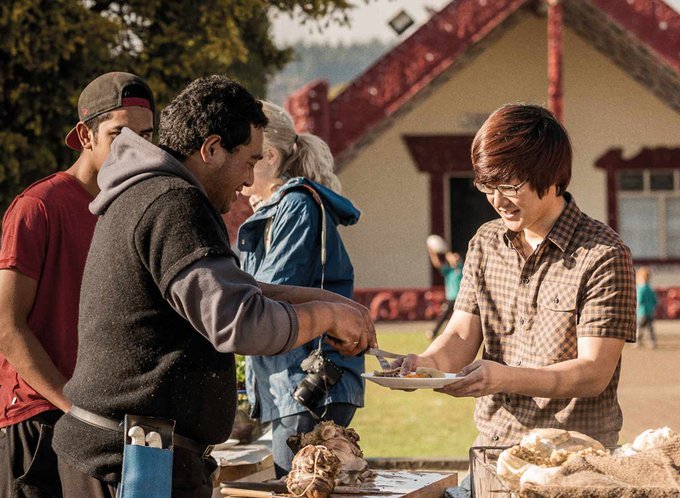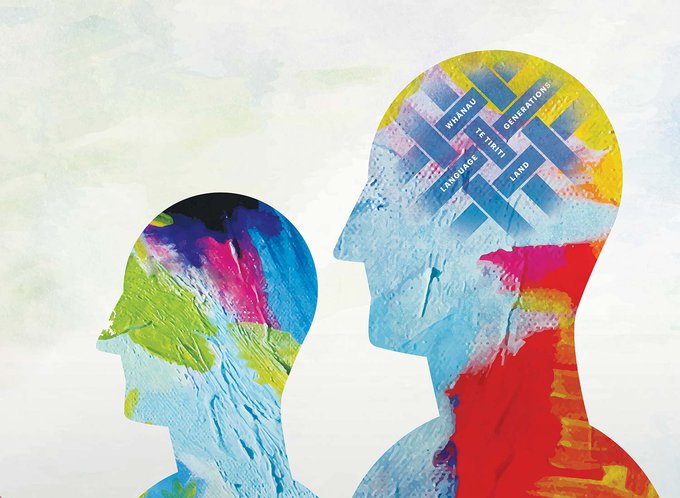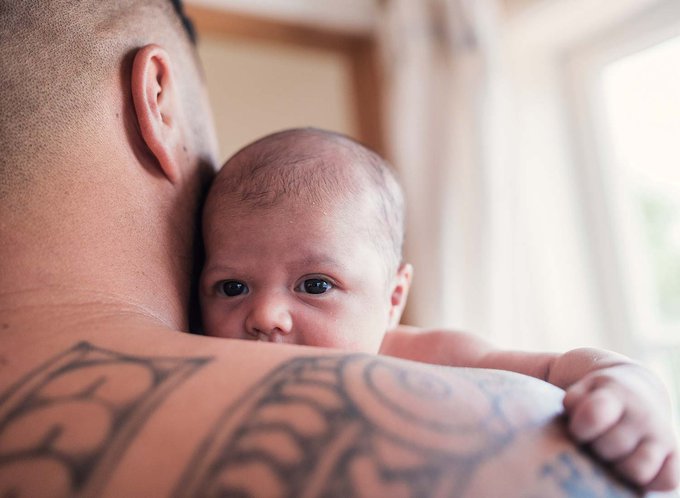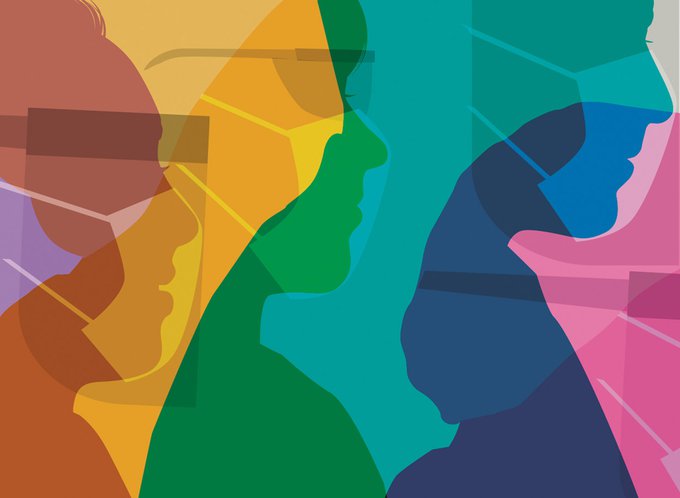A mindfulness based stress reduction programme grounded in mātauranga Māori and backed by the MAS Foundation is improving mental health outcomes in South Auckland.
Mauri Tau me te Māramatanga is a six to eight week mindfulness meditation programme that works on two concepts: mauri tau (mindfulness), a life force energy that is calm, relaxed, focused and intentional; and māramatanga (enlightened insight or awareness). Together, these qualities support people to respond wisely to circumstances rather than reacting impulsively.
When consultant clinical psychologist Sharon Rickard (Ngāti Te Ata, Ngāti Tipā) was facing some personal health challenges, she was recommended to try mindfulness meditation to help her through. She was dubious at first but gave it a go and found that it was useful.
She started using some of the techniques she learned in her kaupapa Māori clinical practice at Te Aho Tapu Trust and found they also had positive effects on whānau she was working with.
Lila O’Farrell has been practising mindfulness meditation for almost 30 years. In 2003 she trained in mindfulness based stress reduction (MBSR) with Dr Jon Kabat Zinn, who developed MBSR at the Chronic Pain Center at the University of Massachusetts Medical Center – a programme seen as “the gold standard in evidence-based mindfulness education”, she says.
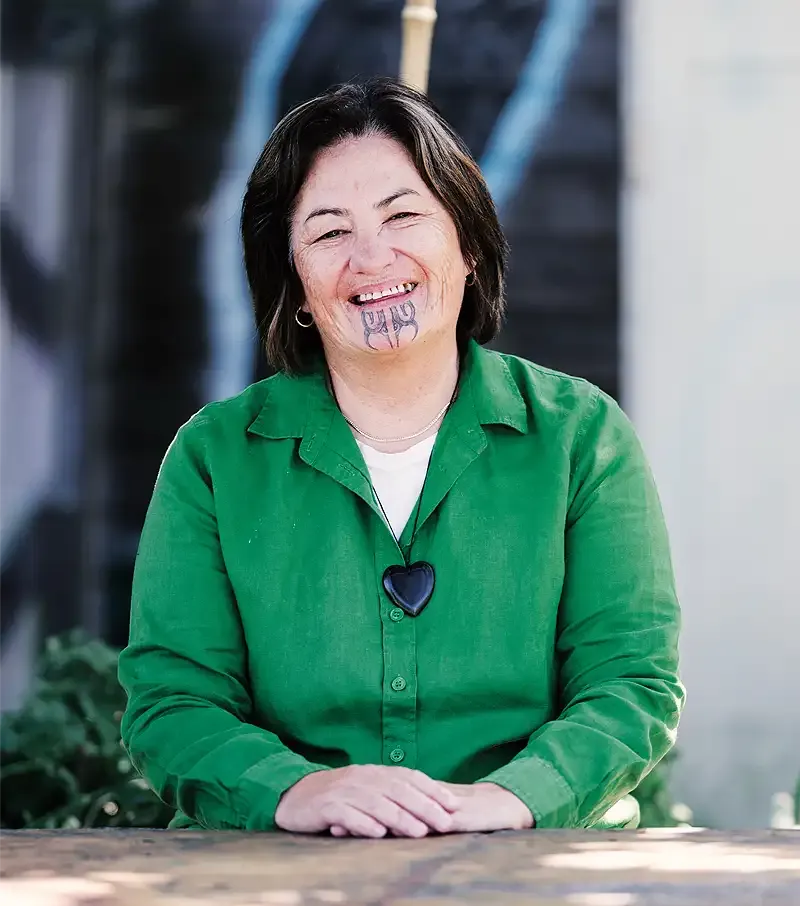
Sharon Rickard (Ngāti Te Ata, Ngāti Tipā)
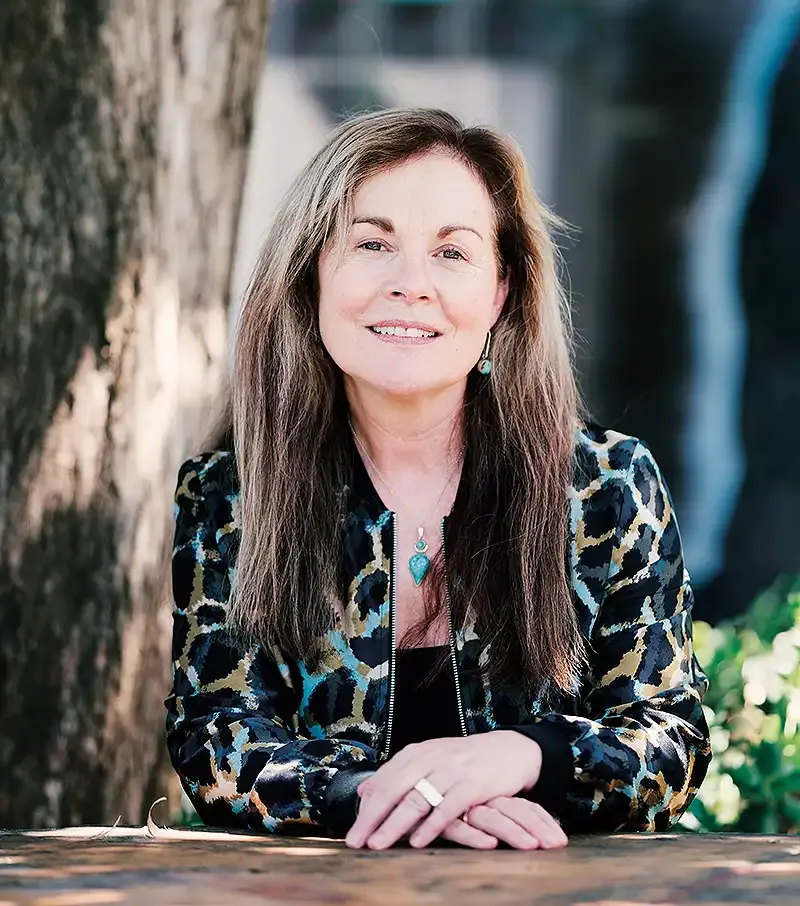
Lila O’Farrell
With a strong social justice orientation, and a background in counselling psychology and interfaith hospice chaplaincy, Lila is passionate about integrating spiritual and relational dimensions in care. Returning to Aotearoa New Zealand, she saw this in Māori models of wellbeing. Back in Aotearoa New Zealand, she started teaching MSBR, aiming to introduce it to people who might benefit but couldn’t afford to pay for a private programme.
Developing the programme
Lila knew Sharon as a cultural supervisor when working as a specialist therapist in primary health care in South Auckland. Years later, they have joined forces to co-design Mauri Tau me te Māramatanga, an adaptation of MBSR grounded in mātauranga Māori.
Lila had created and was leading the delivery of a trauma-informed adaptation of MBSR, including at Papatūānuku Kōkiri Marae in Māngere. The marae’s kaiwhakahaere Valerie Teraitua joined Sharon and Lila in leading the co-design. This mahi was supported by a Ministry of Health grant facilitated by Counties Manukau Health and Total Healthcare PHO.
Weaving in Māori knowledge
Sharon, Lila and Valerie held a hui at the marae with Māori colleagues, kaumātua and kuia, and participants in focus groups to ensure that mātauranga Māori is authentically woven through the programme.
“It is mātauranga Māori blended with Eastern practices and Western science and psychology,”
She explains how the different knowledge streams are woven together. “In session one when we’re sharing how to use the breath to become present and calm the nervous system, the kaiārahi Māori [leader] offers the pūrākau [story] of te hā [the breath/essence of life] and then goes on to talk about how the breath is seen as sacred within many cultures and traditions. In befriending the breath, we empower ourselves to bring peace to mind and body and to manage thoughts, feelings and behaviours often driven by stress reactivity. One participant has described this practice as whakatau wairua [settling the spirit].”
Tackling issues of trauma
Trauma is at the root of the life challenges facing many Māori, Sharon says. For more than two decades, she has been working as a clinical psychologist with mostly Māori whānau and says Mauri Tau me te Māramatanga is filling a gap in the current health system.
“Māori are often referred to me for issues such as anger management, and there is this punitive view that we are dealing with these angry and aggressive people that need ‘fixing’. However, I know that beneath the anger and aggression is fear, anxiety, depression and very sad trauma histories.”
Western systems of health have not always been helpful to Māori people, she says. “There have been a lot of shortcomings in terms of how the Western models fit indigenous peoples. We know that just using medical science does not work for us.”
That’s why it was important to have an intervention that is accessible, Sharon says.
“As Māori, we have a history of getting things last or not getting them at all. Our people need healing, not punishment, and sometimes the health system has been a form of punishment."
"Mauri Tau me te Māramatanga is about aroha, kindness, compassion, tika [doing what is right for self and others] and pono [being honest and truthful with oneself and with others]. These are Māori values that underpin it.”
Sharon says they’re not trying to romanticise the indigenous voice, but rather let the wisdom of te ao Māori inform and stand equally alongside Eastern practices and Western medical science.
Positive impact
Mauri Tau me te Māramatanga is having a positive impact for those who participate, Lila says.
“Many participants have shared, ‘I love this programme, this works for me, I can really feel this making a difference for me.’ Sometimes whānau talk about a strengthening of their wairua through the mindfulness programme.”
Lila says statistical research on the program me has shown people moving from diagnosable to undiagnosable levels of anxiety, depression and tendency to experience psychological distress.
Mindfulness practice enhances focus, emotional regulation, pain management, relaxation and sleep.
“Participants become more self-aware and less reactive, which helps their relationships,”
MAS Foundation support
The programme has been supported by the MAS Foundation and is managed through Te Aho Tapu Trust. This allowed the Trust to hire an operations manager, Rochelle Umaga, and to professionalise the programme, including creating a business plan and a website where people can learn about the programme and access the meditations in te reo Māori and English.
They hope to offer it as a wellness programme for service organisations and businesses, which will help to build a sustainable platform to provide it to Māori whānau at no cost.
“The MAS Foundation grant has really helped us to move forward as we are practitioners, not administrators or business people. We couldn’t keep going without this support,” Sharon says.
Sharon and Lila invited MAS Foundation heads Julie Wharewera-Mika (Ngāti Awa, Ngāi T-uhoe, Te Whānau-a-Apanui) and Mafi Funaki-Tahifote to participate in Mauri Tau me to Māramatanga, which led to them encouraging the pair to apply for MAS Foundation support.
Julie says, “MAS Foundation has a purpose to improve health and wellbeing equity and honour the principles of te Tiriti o Waitangi. The approach of Te Aho Tapu Trust and the Mauri Tau me te Māramatanga programme supports Māori-led genuine partnership with tangata whenua, enabling Māori to be co-designers of wellbeing initiatives.”
Mafi says the participants’ feedback on the Mauri Tau me te Māramatanga programme aligns very well with the Foundation’s approach of letting the issues within the communities be resolved by those in the communities – e fofō e le alamea le alamea.
Know someone who might enjoy this?
Read this next
-
March 2021
Manaakitanga – more than just hospitality
-
July 2022
Climate change through a Māori lens
Professional life
See all-
March 2021
Made for today a century ago
-
March 2021
The great brain gain
-
March 2021
A hectic, horrific working holiday
-
March 2021
Smooth sailing for Southern Spars
